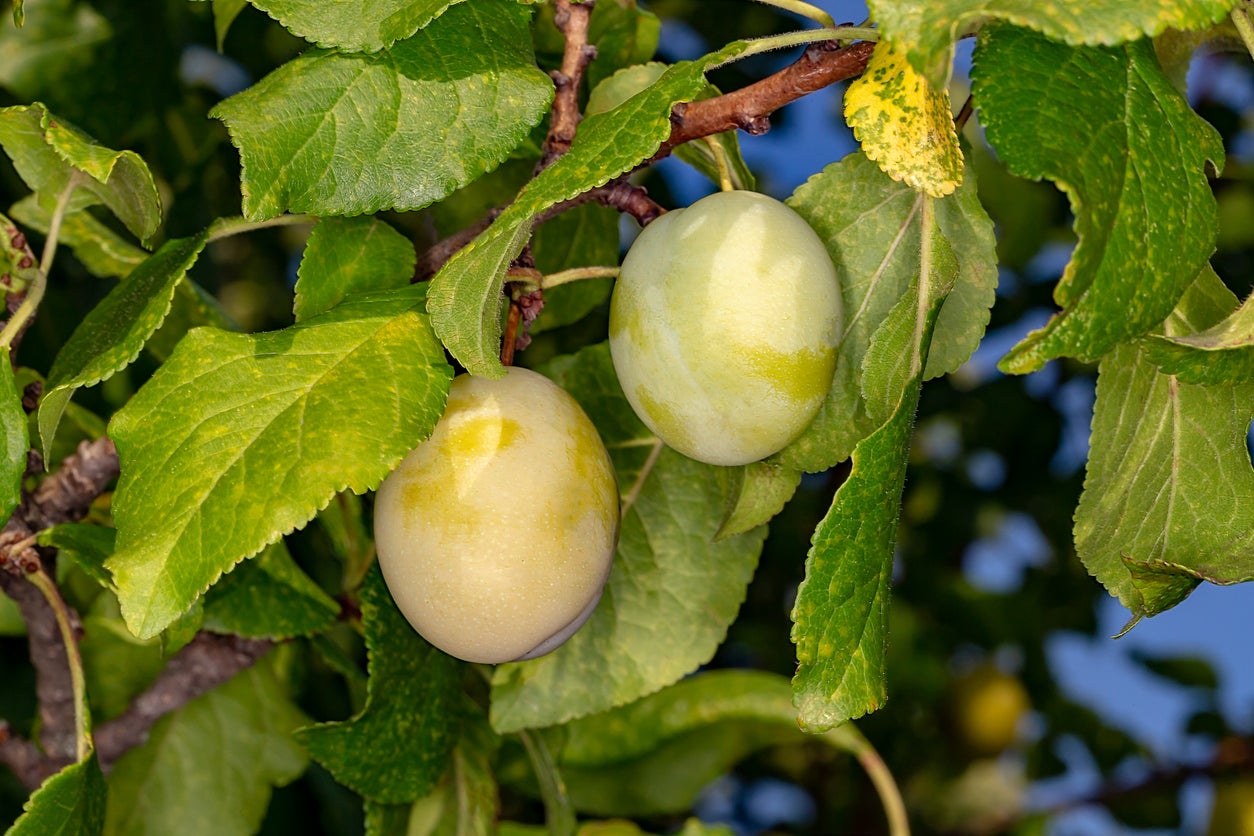
Warwickshire Drooper plum trees are perennial favorites in the United Kingdom that are revered for their abundant crops of medium sized, yellow fruit. Read on if you’re interested in growing your own Warwickshire Drooper fruit trees.
What are Warwickshire Drooper Plums?
The parentage of Warwickshire Drooper fruit trees is unsure; however, it is believed that all the trees hail from the Dundale plum, bred in Kent during the 1900’s. This cultivar was grown commercially in Warwickshire orchards where it was known as ‘Magnum’ until the 1940’s when the name was changed to Warwickshire Drooper.
Warwickshire Drooper plum trees produce prodigious amounts of medium/large yellow fruit that, while pleasant when eaten ripe and fresh, really shines when cooked. The trees are self-fertile and do not need a pollinator, although having one nearby will increase the yield.
Warwickshire Drooper plums are late season plums ready for harvest in early autumn. Unlike other plums, Warwickshire trees will retain their fruits for about three weeks.
In its country of origin, Warwickshire Drooper fruit was fermented into an alcoholic drink called Plum Jerkum that apparently left the head clear but paralyzed the legs. Today, the fruit is more often eaten fresh, preserved, or used in desserts.
Growing Warwickshire Drooper Trees
Warwickshire Drooper is easy to grow and very hardy. It is suitable for all but the coldest parts of the United Kingdom and suffers little from late frosts.
Despite its heavy yields, Warwickshire Drooper trees are sturdy enough to withstand the heavy weight of the fruit and are not likely to break.
Sign up for the Gardening Know How newsletter today and receive a free copy of our e-book "How to Grow Delicious Tomatoes".
Select an area with well-drained soil, in sun to partial sun, and fertile soil to plant Warwickshire Drooper trees.
Warwickshire Drooper trees are large trees with a spreading to drooping habit. Prune the tree to remove any dead, diseased, or crossing branches and to tighten up the tree a bit to make it easier to harvest.

Amy Grant has been gardening for 30 years and writing for 15. A professional chef and caterer, Amy's area of expertise is culinary gardening.
